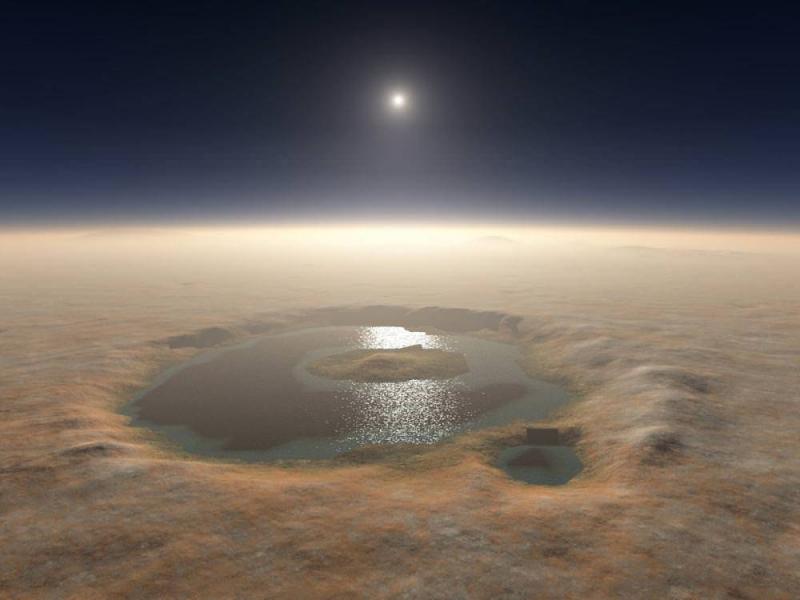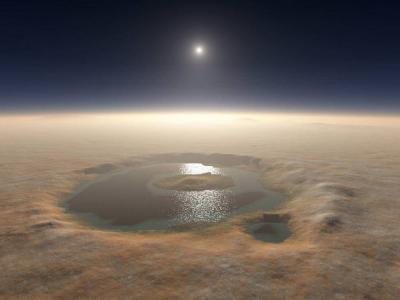Many science enthusiasts, whether they are in elementary school or teaching at university, wonder if there is life on other planets in space. Are we alone in the solar system, or even in the entire galaxy? On January 20,
the Astronomy and Space Exploration Society hosted the Star Talk online conference, where Paul Delaney, a professor in the Department of Physics and Astronomy at York University and President of the Carrs Well Society for the Public Understanding of Astronomy, spoke about the possibility of finding water and life on other planets. It is worth noting that the "Star Talk" conference is a regular event organized by the Astronomy and Space Exploration Society, often accompanied by telescope observations of the night sky. However, this year’s conference, due to the closure of telescopes, required the society to adapt to the situation and hold the conference online. One of the ways the society maintains public engagement in the conference is through "live stream watching parties and discussion nights under the title of StarTalk," according to a statement made by the society's president, Julie Midroni, to The Varsity. Midroni added, "The main challenges we faced in holding this year's conference were adapting to the COVID-19 pandemic, which has greatly affected us all. To compensate for the lack of personal interaction, the Astronomy and Space Exploration Society this year expanded our conference from a single-day event to a three-day event, with the next event scheduled for February 15-17."
**Why is discovering water in outer space important?** Delaney said at the start of his talk, "Life on this planet simply cannot continue in the absence of water. While we cannot completely rule out the possibility of life without water, our current biological understanding suggests that water is essential for the existence of life. Therefore, by searching for water, we can maximize our chances of finding extraterrestrial life." In fact, water is a relatively common chemical compound in the universe, as it is made up of two of the most abundant elements in space: hydrogen and oxygen. For our planet's total mass, the amount of water on Earth is very small, but its presence has allowed life to thrive and persist until now. It’s noteworthy that there are many sources of water, both present and extinct, on celestial bodies near us, including Venus and the Moon. For a long time, the prevailing belief was that the Moon contained no water at all. Even to this day, many people are unaware of the astonishing amount of water on the Moon's surface, much of which is frozen at the poles. Additionally, there are some indications that Venus once had an atmosphere similar to Earth’s and possibly surface water as well. However, at present, the climate on the planet's surface is too hot to allow for liquid water.
**Mars and its ancient past:** Delaney says, "While Mars is the planet we love to talk about the most, what many of us don’t know is that it is indeed rich in water sources. Although Mars appears extremely barren today, there are icy deposits throughout its surface, raising the question of whether that ice was once liquid water. Recently, radar devices have detected liquid water on the surface of Mars, albeit in a form that is so salty it cannot support life. Yet, the presence of liquid water remains a promising sign that Mars may have been habitable in the distant past." He added, "In fact, Mars may have been more suitable for life than Earth four billion years ago." When asked by an attendee why samples of the ice on the Martian surface have not been taken yet to search for signs of life, Delaney responded that sending a spacecraft to Mars is extremely costly, making this mission difficult to realize. Currently, Mars lacks a significant atmosphere, making life on its dusty surface impossible, and researchers believe that the loss of water sources that once filled the red planet is connected to the loss of its atmosphere.




